Never Forget: Court seat was stolen
Apr 13, 2017
On Monday, Judge Neil Gorsuch became Justice Neil Gorsuch as President Trump’s Supreme Court nominee was sworn in at the White House Rose Garden. The ceremony marked the end of 14-month partisan struggle to replace the late Justice Antonin Scalia.
I do not have a problem with Neil Gorsuch himself. Gorsuch and myself are divided by a Grand Canyon-esque crater in terms of ideology, but there is no questioning that he is qualified to sit on the Supreme Court. Gorsuch attended Columbia, Harvard and Oxford; then clerked for the still-serving Justice Kennedy. Gorsuch had served on the Court of Appeals for the 10th Circuit since 2006, and the American Bar Association gave Gorsuch their highest rating, “Well Qualified,” to serve on the Court.
What there is a problem with is the treatment of former President Obama’s nominee, Judge Merrick Garland, by Senate Republicans throughout 2016.
Last week, Senate Majority Leader Mitch McConnell appeared on NBC’s Meet the Press, where he explained his reasoning for the unprecedented and destructive stonewalling of Garland’s nomination.
McConnell told host Chuck Todd, “…the tradition had been not to confirm vacancies created in the middle of a presidential year. You’d have to go back 80 years to find the last time that happened.”
The supposed 80 year “tradition” McConnell speaks of is not a tradition, but a coincidence. In the time frame McConnell describes, several Supreme Court seats have been filled on presidential election years. Benjamin Cardozo was nominated by then President Herbert Hoover and confirmed by the Senate in 1932. In 1940, FDR nominated Frank Murphy, who was confirmed. Dwight Eisenhower appointed William Brennan in 1956.
Lastly, Ronald Reagan nominee Anthony Kennedy was confirmed by a 97-0 vote in 1988. It should be noted that the mentioned seats filled by FDR and Reagan were vacated the year before the presidential election year, and were simply confirmed during the election year. But would McConnell have been willing to confirm Garland in 2016 if Scalia had passed in 2015 rather than 2016?
The one scenario that is similar to 2016 took place in 1968. In June 1968, Chief Justice Earl Warren announced that he intended to retire. President Lyndon Johnson nominated current Justice Abe Fortas to become the new Chief Justice, and nominated Homer Thornberry to replace Fortas. Johnson’s nominees were met with stern resistance. Though there were questions regarding confirming appointees from a lame-duck president, Fortas’ nomination ultimately fell through for several reasons including ethical questions, prior decisions and ties to President Johnson. Warren eventually delayed his retirement.
One incident in 1968 is surely not an establishment of a tradition, especially as vacant Supreme Court seats were filled during presidential election years before and after 1968.
McConnell insists that the American people should have the chance to select the president who would appoint Scalia’s replacement. The American people did choose that president when they elected Barack Obama in 2012. Article II Section 1 of the Constitution is clear when it states that the president serves a four-year term, not a three-year term.
McConnell also told Todd, “The American people decided they wanted Donald Trump to make the nomination, not Hillary Clinton,” another dubious claim considering that Trump lost the popular vote by nearly three million votes. It appears the American people wanted Clinton to make the nomination, not Trump.
Senate Republicans, at the very least, ought to have held hearings and a vote for Garland. Why didn’t they? Garland, just like Gorsuch, is a well-qualified nominee for the Court. It seems that Republicans would have been unable to delegitimize Garland himself, given his qualifications, especially once people got to know more about him during confirmation hearings.
Instead of trying to delegitimize Garland, Republicans instead delegitimized the act of Obama nominating anybody in the first place. The argument, “Should nominees be considered in an election year?”, favors Republicans far more than, “Is Merrick Garland qualified to sit on the Supreme Court?” The answer to the first is debatable, the answer to the second is clearly “yes.”
There is a difference between holding hearings and voting “no,” and refusing to even hold hearings. The former is far more honorable and in line with Constitutional procedures. Mitch McConnell, Chuck Grassley and Senate Republicans pulled some very dirty tricks to deny Merrick Garland his rightful seat on the Supreme Court, and their actions should not be forgotten.


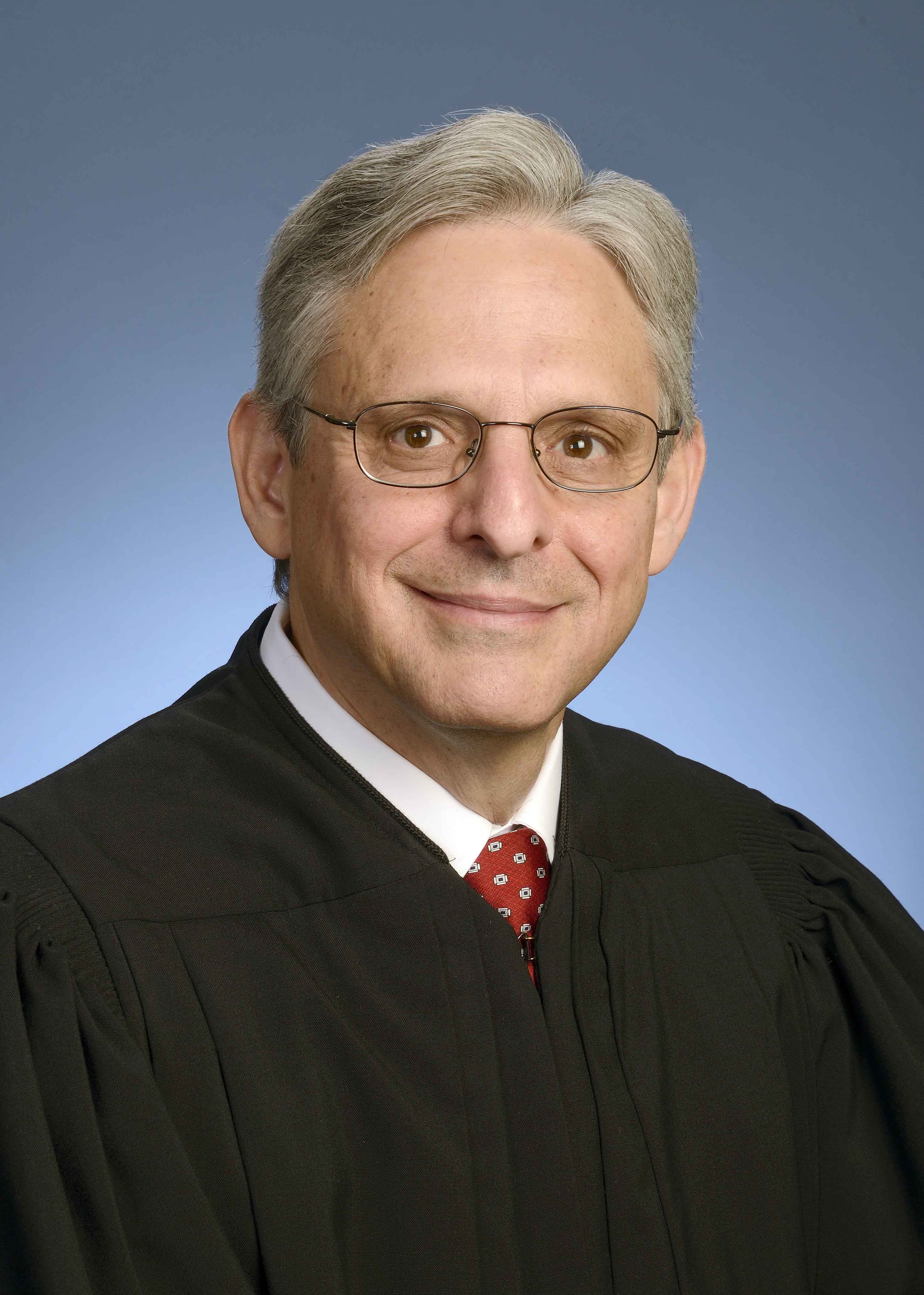
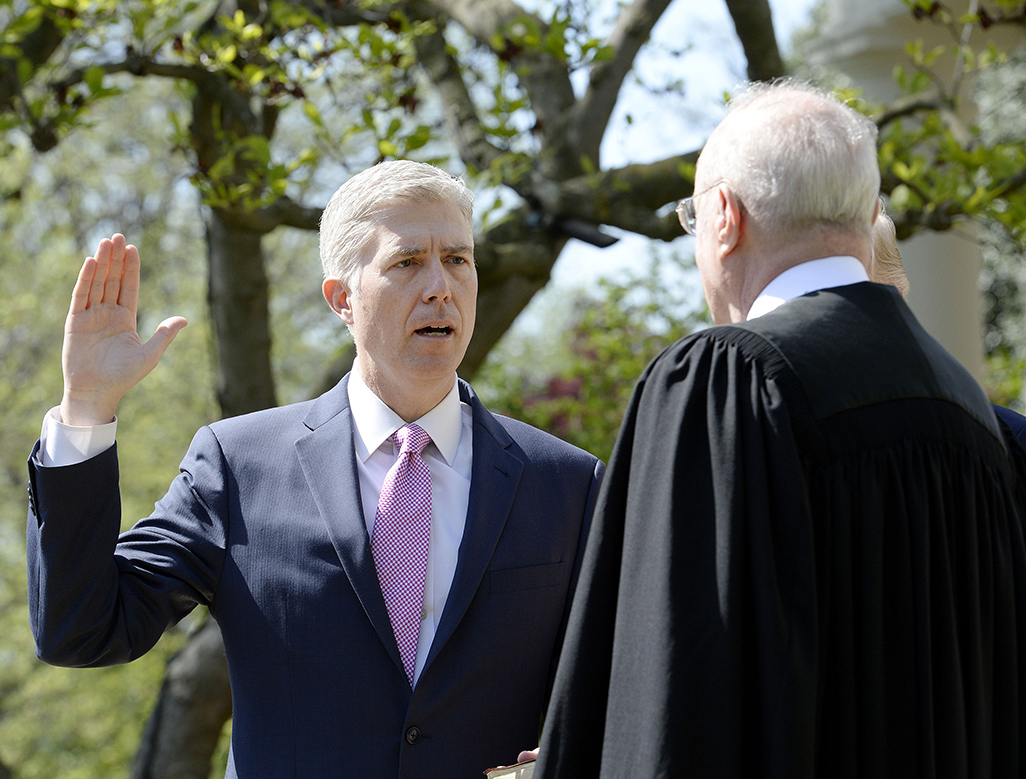
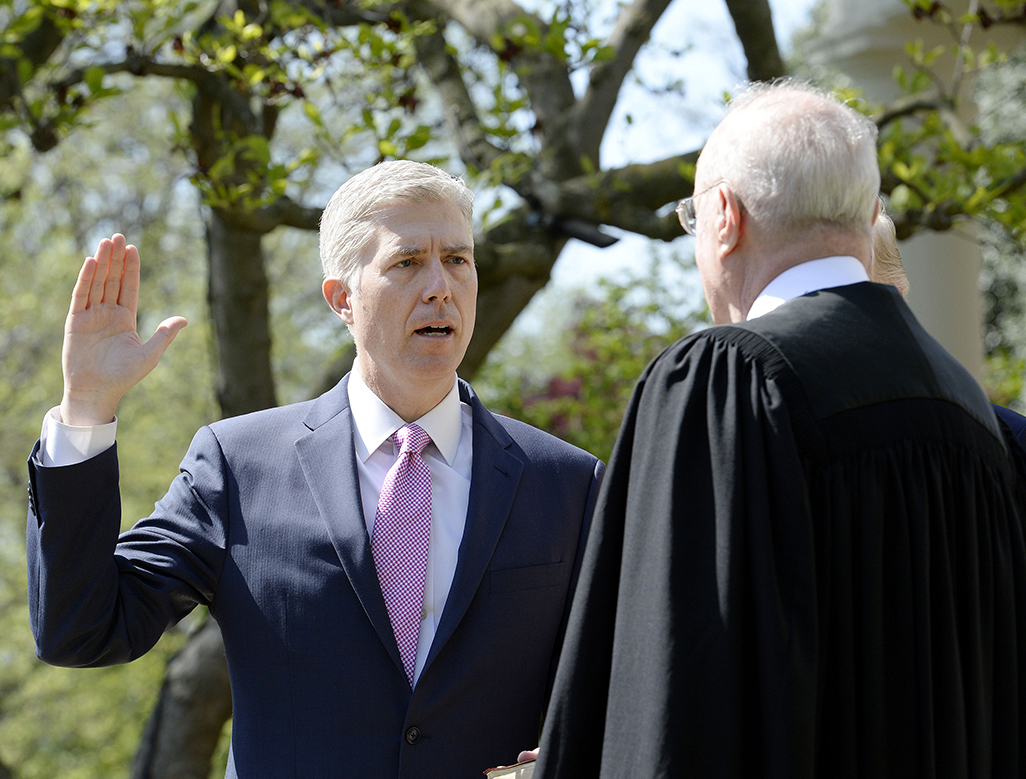
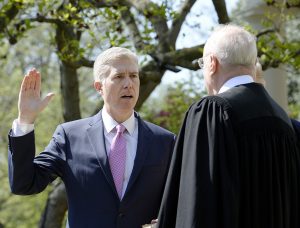
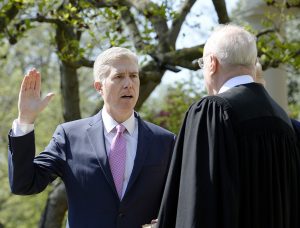
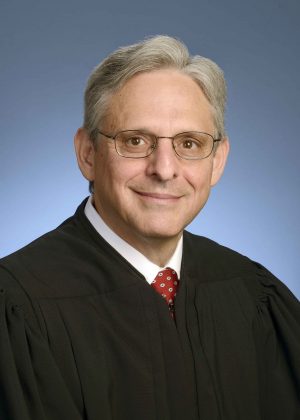







Wayne • Apr 13, 2017 at 11:18 am
You make a great mouthpiece for your liberal professors. I see they ripped out your common sense and filled you with their own slimy values. You did not mention it was Harry Reid (a liberal) who changed the rule back in ’13. He did that for his own dirty trick. Now it has come back to bite him. Now the little minded liberals are crying like the little girls they are. It’s time you grow some nads my little snowflake and join military where you will get a real education!